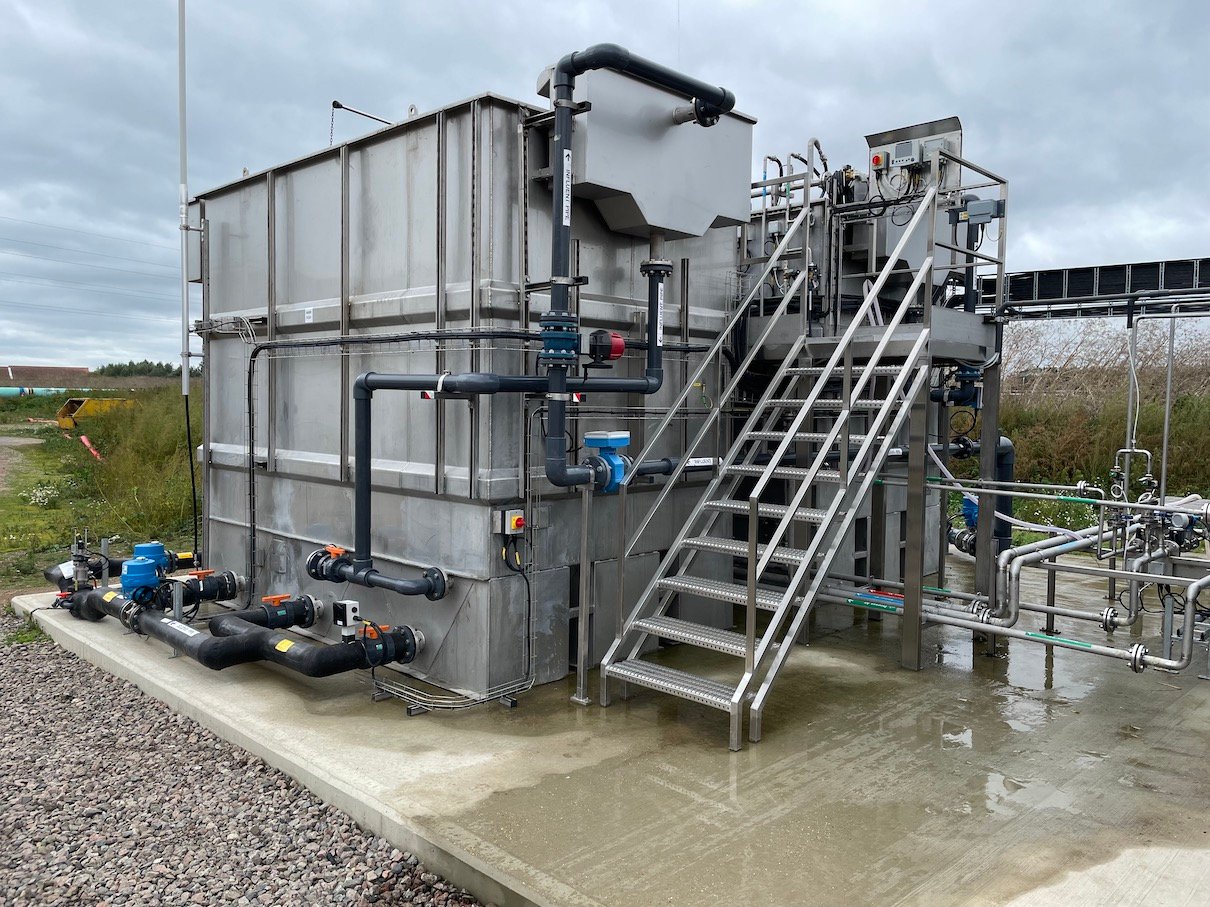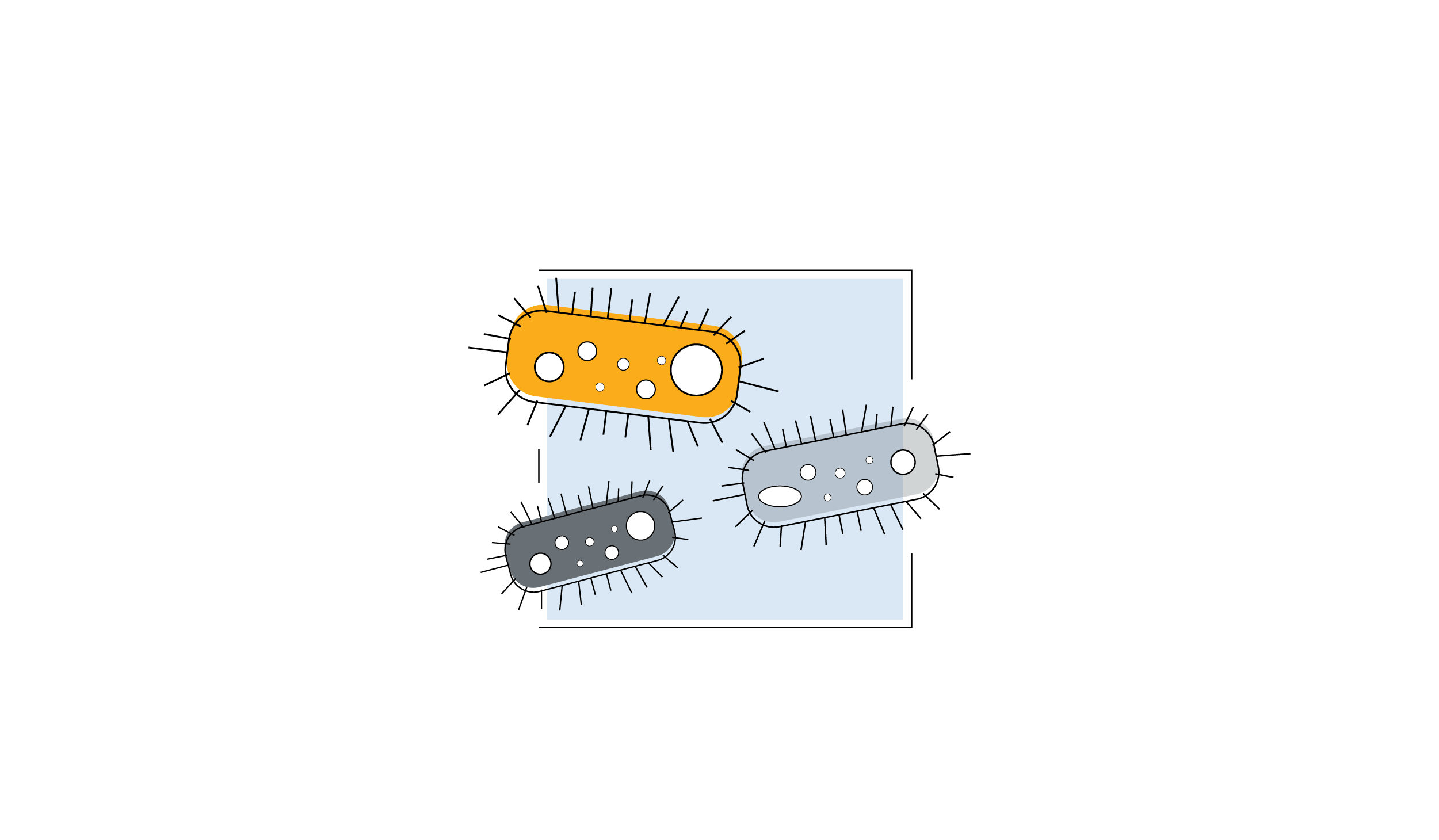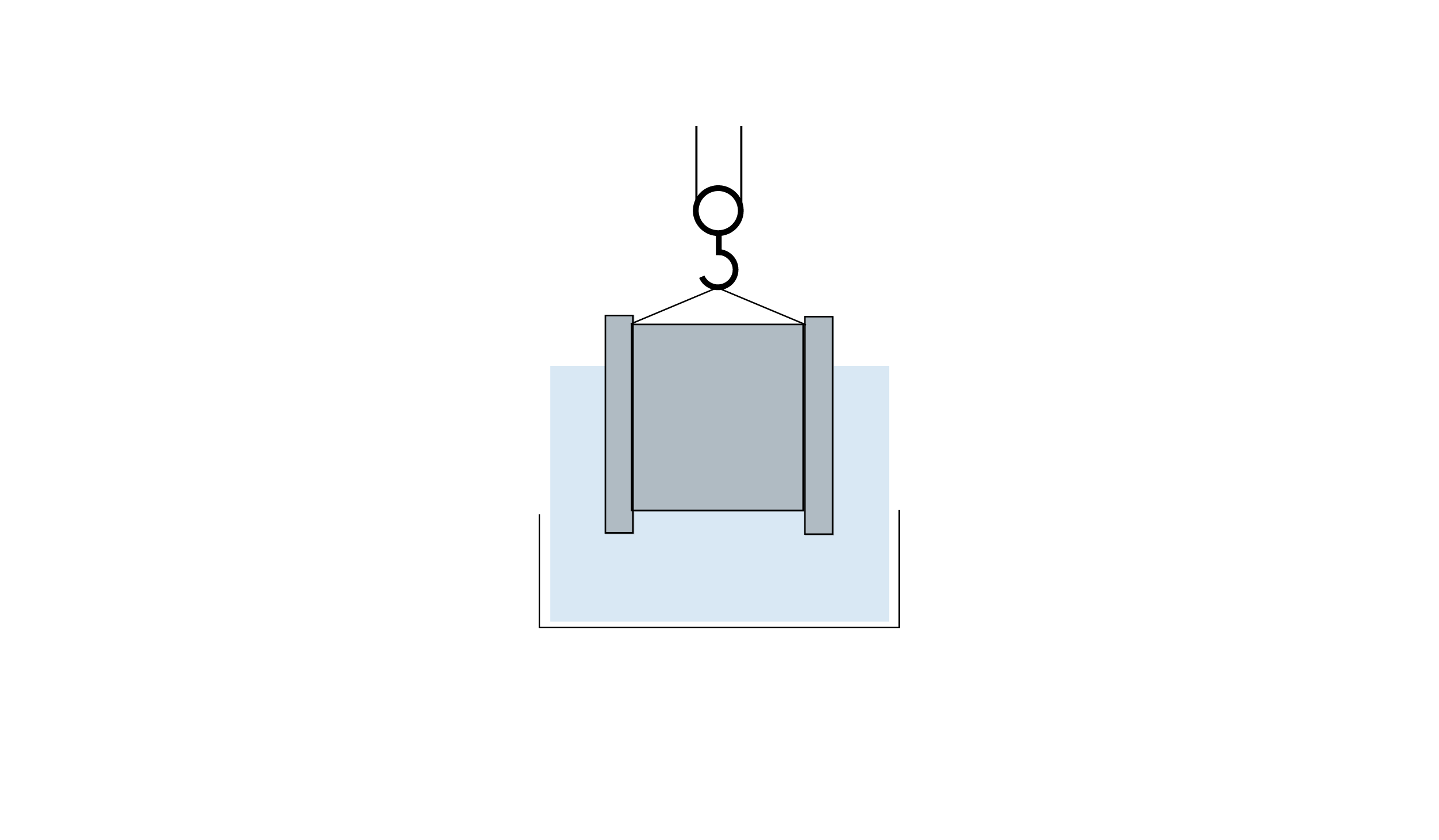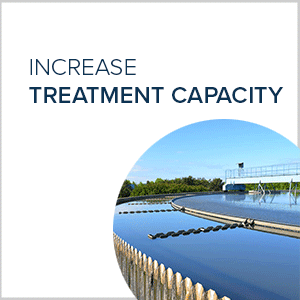European countries are failing to comply with wastewater legislation
Countries inaction in meeting wastewater targets is coming at a high price
The legal requirements for treating wastewater were set out in May 1991 in The Council Directive 91/271/EEC concerning urban wastewater treatment .
All member states within the European Union are obliged to follow the directive for treating wastewater, and when countries fail to comply, they can receive court action and or fines all of which we have seen in recent years.
The main objective of the directive is to protect the environment from the adverse effects of urban wastewater discharges and discharges from certain industrial sectors. The directive includes the collection, treatment and discharge of domestic wastewater and wastewater from specific industries.
.jpg?width=600&name=OxyMem%20Wastewater%20%20Website%20Photos%20(29).jpg)
According to the directive, the requirements are
- The collection and treatment of wastewater in all agglomerations of a population less 2,000.
- Secondary treatment is required for all discharges from agglomerations with a population of more than 2,000.
- Agglomerations with a population of exceeding 10,000 require more advanced treatments.
- A requirement for pre-authorisation of all discharges of urban wastewater, from the food-processing industry and of industrial discharges into urban wastewater collection systems.
- Monitoring of the performance of treatment plants and receiving waters.
- Controls of sewage sludge disposal and re-use, and treated wastewater re-use whenever it is appropriate.
The industries included in the directive
-Milk-processing Industry.
-Manufacturing of fruit and vegetable product.
-Manufacturing and bottling of soft drinks.
-Potato-processing.
-Meat Industry.
-Breweries.
-Production of alcohol and alcoholic beverages.
-Manufacturing of animal feed from plant products.
-Manufacturing of gelatine and glue from hides, skin and bones.
-Malt-houses.
-Fish-processing industry.
The European Commission regularly publish a fact sheet outlining the infringements. In March 2019 the following breaches were included in the publication.
Commission takes Cyprus to the Court of Justice for failure to properly treat urban wastewater
The European Commission is referring Cyprus to the Court of Justice of the EU. Cyprus has failed to provide a collecting system for a number of agglomerations and has also failed to ensure that the urban waste water entering collecting systems is subject to appropriate treatment. Although some progress has been made, Cyprus still fails to ensure that, in 31 agglomerations, all wastewater is collected or that urban wastewater entering collecting systems is subject to appropriate treatment before being discharged. Full compliance is not expected by the Cypriot authorities before 2027.
Nitrates: Commission decides to refer Greece to the Court of Justice and asks for financial sanctions
In April 2015, the Court of Justice of the EU ruled that Greece violated EU law by failing to protect its waters against pollution caused by nitrates from agricultural sources (C-149/14). Four years later, the problem is still not fully resolved. Therefore, the Commission is calling on the Court of Justice of the European Union to impose financial sanctions in the form of a lump sum of € 2,639.25 per day and a daily penalty payment of € 23.753,25 from the day of the judgement until full compliance is reached
Commission takes Italy to Court over failure to properly treat urban wastewater.
The European Commission decided to refer Italy to the Court of Justice of the EU. The case against Italy is regarding water pollution. The Commission considers that 620 agglomerations in 16 Regions are in breach of EU rules on collection or treatment of urban wastewater.
Commission takes Ireland to Court for failure to upgrade wastewater treatment infrastructure.
The European Commission is taking Ireland to the Court of Justice of the EU for its failure to ensure that urban wastewater in 38 agglomerations across the country is adequately collected and treated to prevent serious risks to human health and the environment. The Commission initiated the infringement against Ireland in September 2013, followed by warnings in September 2015 and September 2016. According to a recent Commission report on the implementation of EU environmental policy and law in the Member States, one of the main challenges Ireland faces is maintaining the important investments required for water services, given the urgent need to invest in water infrastructure.
The full fact sheet can be accessed here
Wastewater infrastructure is now coming under increased pressure due to population increases and the effects of climate change such as water shortages. Countries will now have to adopt a more ethical and sustainable approach to wastewater treatment as the challenges are set to continue.
In the coming years the wastewater industry will face even stricter controls and regulations, and if countries continue with their inaction in meeting the directive more fines will follow and the cost of making the upgrades will rise.
OxyMem`s MABR can help you increase biological capacity and improve the effluent quality for your wastewater today .







